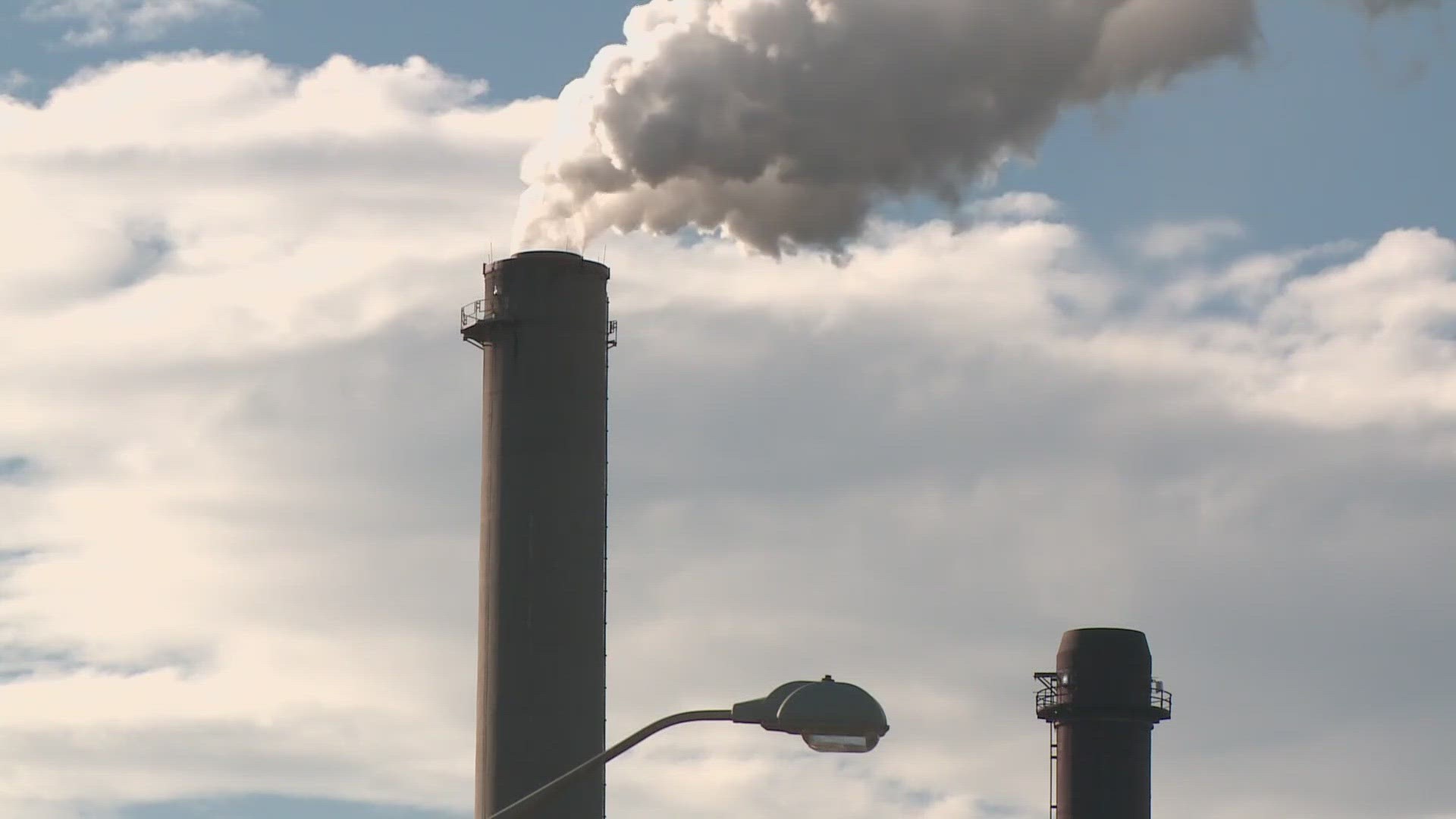AUGUSTA, Maine — Across the nation, businesses are struggling to hire and maintain employees. That's true in Maine as well, and can be felt at mills throughout the state. And at some facilities, workers are required to stay on the job and work mandatory overtime.
"We've had 16 voluntary shifts at 24 hours, and 17 forced 24s already this year," Justin Shaw, a pipe fitter and welder at Sappi North America's Somerset Mill in Skowhegan, said.
Shaw said it's not uncommon for workers to be required to work mandatory overtime, and it can have an impact on their quality of life.
"An hour and 10 minutes home. Clean, eat, spend some time with the family real quick," Shaw said. "You've got roughly three hours with your head on the pillow, then turn around and do it all over again."
Lawmakers in Augusta, however, are considering a bill that would limit how much mandatory overtime employees can be required to work.
"An 18-hour shift, then six hours off, then another 12-hour shift, operating heavy machinery, that's just not safe for anyone and it's not fair," Sen. Mike Tipping, D-Orono, said.
On Thursday, Sen. Tipping introduced LD 1794 to the Joint Standing Committee on Labor and Housing on behalf of the bill's sponsor, Sen. Troy Jackson, D-Allagash.
Tipping, who serves as co-chair of the labor and housing committee, said he is in support of the bill. If passed, it would cap mandatory overtime for paper and pulp mill employees at two hours per day. It would also require employers to notify workers one week in advance of any required overtime. Employees would still be able to work any voluntary overtime hours.
"If you've got dinner plans, if you've got plans with your family, if you've got plans with your kids, if you've got a funeral, if you've got a loved one that's in the hospital or whatnot, it doesn't matter, you have to stay," Josh Bernier, a coding mixer and tester at the Twin Rivers Paper Company mill in Madawaska, said.
Bernier spoke in support of the bill during Thursday's public hearing. The bill would not apply to pulp or paper manufacturing facilities with 50 or fewer employees, or during an emergency in which there is an immediate danger to life or property.
Some manufacturers are opposed to the bill, however, and say it would be detrimental to mill operations.
"When candidates apply for employment at mills like Sappi's, they are aware of the nature of the work: 12-hour shifts, rotating shifts, and requirements for overtime. While this can sometimes create inconveniences for the employees, it also provides an extremely competitive benefits package and pay that is near the top of manufacturing jobs within the state," Dale Wibberly, human resources manager at Sappi's Somerset Mill, wrote to the committee in written testimony.
According to Wibberly's testimony, if the bill were to pass, it could lead to temporary halts in operations, which could cost the mill roughly $100,000 per 12-hour shift in lost revenue.
Sen. Tipping said during the committee hearing that a workshop on the proposed bill is expected to be held Wednesday, May 24.

